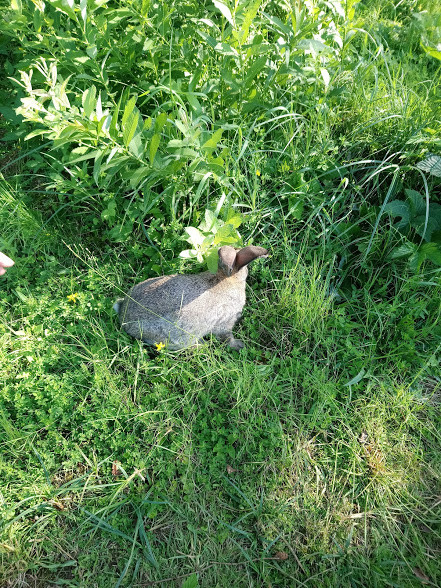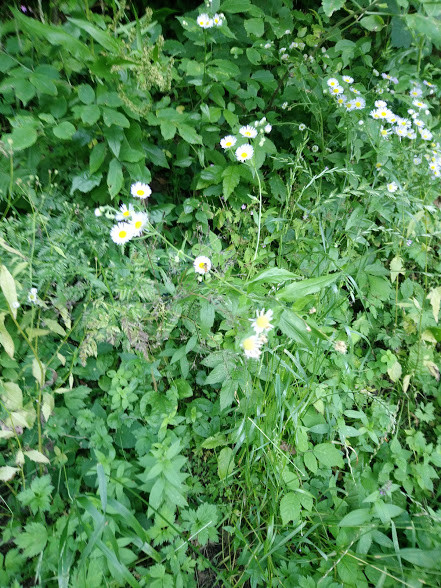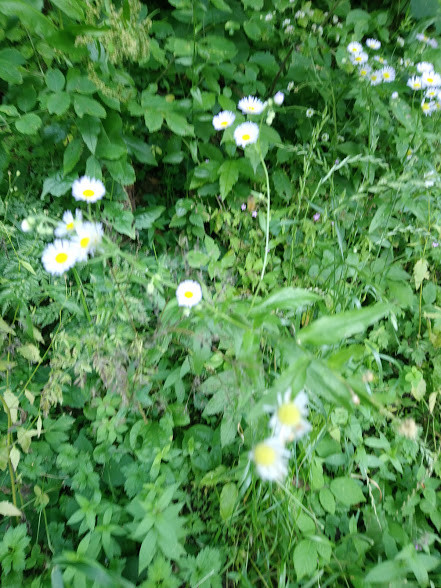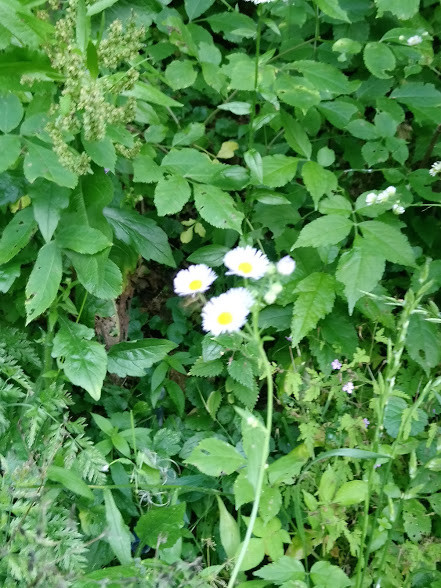Polish speaking guide 21
The inflection of positive, comparative and superlative adjectives in the singular - part 1
Adjectives are inflected in all their forms of comparison. They retain their endings from their positive degrees.
The masculine gender can take two forms of the accusative:
1) the masculine animate form – for people and animals e.g. zdrowego człowieka;
2) the masculine inanimate form – for things e.g. stary dom.
For animate nouns, the accusative is the same as the genitive, whereas for inanimate nouns it is the same as the nominative.
The inflection of positive, comparative and superlative adjectives in the singular - part 2
MASCULINE
masculinePositive
(stopień równy)Comparative
(stopień wyższy)Superlative
(stopień najwyższy)nominativezdrowy człowiek,
stary domzdrowszy
starszynajzdrowszy
najstarszygenitivezdrowego człowieka,
starego domuzdrowszego
starszegonajzdrowszego
najstarszegodativezdrowemu człowiekowi,
staremu domowizdrowszemu
starszemunajzdrowszemu
najstarszemuaccusativezdrowego człowieka,
stary domzdrowszego człowieka,
starszy domnajzdrowszego
człowieka,
najstarszy dominstrumentalzdrowym człowiekiem,
starym domemzdrowszym
starszymnajzdrowszym
najstarszymlocativeo zdrowym człowieku,
o starym domuo zdrowszym
o starszymo najzdrowszym
o najstarszym
The inflection of positive, comparative and superlative adjectives in the singular - part 3
NEUTER
The adjective forms for the neuter gender are different from those for the masculine gender in the nominative and accusative. In these two cases they are as follows: zdrowe dziecko, nowe kino. In the remaining cases they are identical to the masculine forms.
Portal „Ciekawi ludzie”
Grupa - Kreatywni
Magda:Jestem początkującą reporterką. Zaczęłam pracę w radiu. Szukam ciekawych tematów - zawsze i wszędzie. Mam nosa do niebanalnych ludzi i mam nadzieję, że tu ich spotkam.
Piotr:Witam. Pochodzę z Mazur i mam smykałkę do interesów. Utrzymuję się z turystyki. Szukam projektanta stron internetowych i pomysłów na promocję pensjonatu.
Andrzej:Interesuję się fotografią. Możecie mi polecić strony www z ciekawymi fotkami?
Anna:Cześć, jestem fotografem. Zapraszam na moją stronę internetową: www.studiofotoanna.pl
Andrzej:Anno, robisz niezwykłe zdjęcia. Bardzo mi się podobają. Mój znajomy jest znanym fotografem i też je chwali.
Anna:Dzięki.Piotr:Aniu, jeśli potrzebujesz ładnego pleneru, zapraszam na Mazury.
Paweł:Witam. Przygotowuję scenariusze spotkań biznesowych.
mieć nadzieję, że...to hope that...mieć nosa do ludzito have a nose for peoplemieć smykałkę do interesówto have a flair for doing businessod słowa do słowa(saying) one thing leads to another
literally : from word to wordSkąd jesteś?Where are you from?Skąd pochodzisz?Where do you come from?Jestem z Polski.I am from Poland.Pochodzę z Polski.I come from Poland.zawsze i wszędziealways and everywhere
to hope that...
mieć nadzieję, że...
to have a nose for people
mieć nosa do ludzi
to have a flair for doing business
mieć smykałkę do interesów
(saying) one thing leads to another
od słowa do słowa
Where are you from? (ask your friend)
Skąd jesteś?
Where do you come from? (ask your friend)
Skąd pochodzisz?
I am from Poland.
Jestem z Polski.
I come from Poland.
Pochodzę z Polski.
always and everywhere
zawsze i wszędzie
ciekawy temat minteresting topicchwalić v imperf.to praisefotka (coll.) fphotoludzie plpeopleniebanalny adi.original, remarkableniezwykły adi.amazingładny plener mpicturesque scenerypoczątkujący adi.beginner, traineepodobać się v imperf.to appeal (to somebody)
interesting topic
ciekawy temat m
to praise v imperf.
chwalić
photo
fotka (coll.) f
people
ludzie pl
original, remarkable
niebanalny adi.
amazing
niezwykły adi.
picturesque scenery
ładny plener m
beginner, trainee
początkujący adi.
to appeal (to somebody) v imperf.
podobać się
polecić v perf.to recommendpotrzebować v imperf.to needprojektant m stron internetowychweb designer, web developerprzygotowywać v imperf.to preparereporterka freporter, journalistscenariusz mscenariostrona f internetowa, strona f wwwwebsiteutrzymywać się z... v imperf.to earn one's living from...wiersz mpoemznany adi.well-known
to recommend v perf.
polecić
to need v imperf.
potrzebować
web designer, web developer
projektant m stron internetowych
to prepare v imperf.
przygotowywać
reporter, journalist f
reporterka f
scenario
scenariusz m
website
strona f internetowa, strona f www
to earn one's living from... v imperf.
utrzymywać się z...
poem
wiersz m
well-known
znany adi.
The verb podobać się plus a pronoun in the dative case
The verb podobać się (to appeal) is used to refer to people, things and places which make a positive aesthetic impression on the speaker. In contrast to the verbs lubić and kochać, these do not necessarily evoke emotions, but they relate to the subjective opinion of the speaker, e.g.:
Podoba mi się ten obraz, bo ma piękne kolory. – This picture appeals to me, because it has beautiful colours.
Podoba mi się ten mężczyzna, bo jest przystojny. – This man appeals to me, because he is handsome.
The verb podoba się goes with the dative. It answers the questions: Kto się komu podoba?(Who appeals to whom?) and Co się komu podoba? (What appeals to whom?).
Dzieki for reading :)




Photo gallery
Want to have your own Erasmus blog?
If you are experiencing living abroad, you're an avid traveller or want to promote the city where you live... create your own blog and share your adventures!
I want to create my Erasmus blog! →








Comments (0 comments)